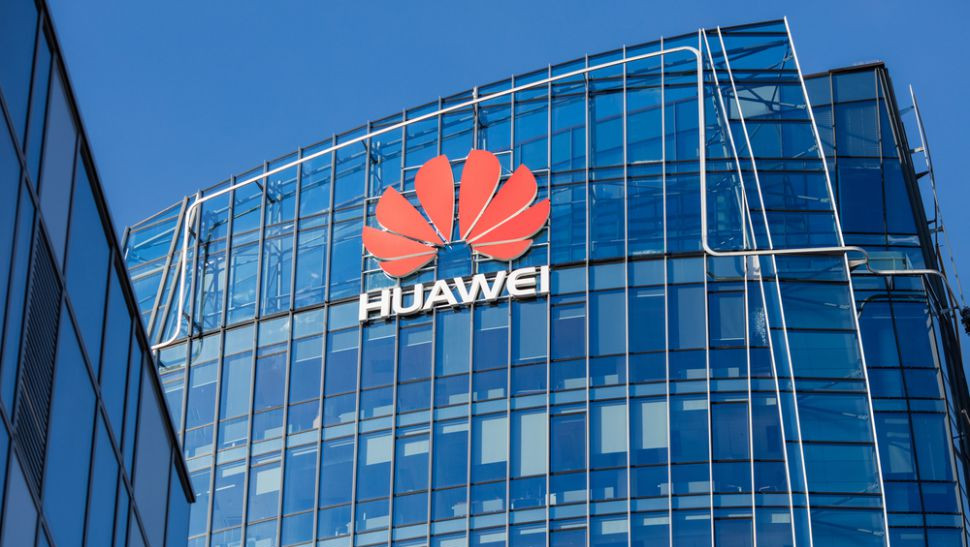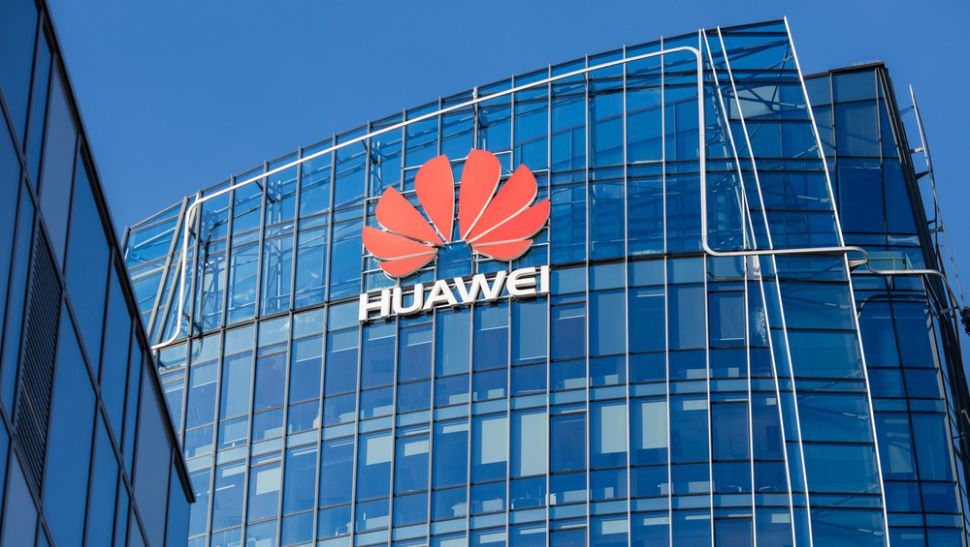
- Huawei is preparing to test its most advanced AI chip to date
- Reports says Ascend 910D aims to challenge Nvidia H100 in AI performance
- Analysts are skeptical, due to software gaps and ecosystem disadvantages
Huawei has been stepping up its ambitions to be seen as the Chinese rival to Nvidia in recent weeks – first, launching a new AI infrastructure architecture set, the CloudMatrix 384 Supernode, to rival the U.S. chip giant’s NVL72 system.
Then, a day after the United States announced plans to further tighten restrictions on AI chip exports to China – including Nvidia’s H20 processor – Huawei revealed the Ascend 920, its next-generation AI chip, set to enter mass production in the second half of 2025.
Now, a report in The Wall Street Journal claims Huawei is preparing to test its most advanced AI chip to date, the Ascend 910D, and has approached several Chinese tech companies to begin technical evaluations. Sample batches are expected to be available as soon as late May 2025.
You may like
Sights set on Nvidia’s H100
The Ascend 910D is the latest iteration of Huawei’s AI processors, building on the existing 910B and 910C models. While the chip is not yet commercially available, Huawei reportedly hopes it can match – or even exceed – the performance of Nvidia’s H100.
Independent analysts are, naturally, skeptical that Huawei will be able to close the performance and ecosystem gap between itself and Nvidia anytime soon.
HPCwire reports Neil Shah, VP at Counterpoint Research, as saying: “From an overall system-level design – compute, memory integration, networking scalability, and, crucially, software orchestration – Nvidia remains three generations ahead.”
That gap is partly due to Nvidia’s established software stack, notably CUDA, which plays a major role in accelerating and managing AI workloads. Huawei, by contrast, lacks a similarly mature software platform, making it harder to optimize across GPUs or scale across complex AI infrastructures.
Despite these hurdles, Huawei continues to ship its 910C chips in volume to Chinese data centers and research labs and the move to test the 910D suggests the company is doubling down on efforts to build a self-sufficient AI hardware ecosystem.
Whether the 910D becomes a true rival to Nvidia’s H100, or remains a “good enough” option for domestic use, it signals a continuing shift in global AI hardware competition.
You might also like
Services Marketplace – Listings, Bookings & Reviews
